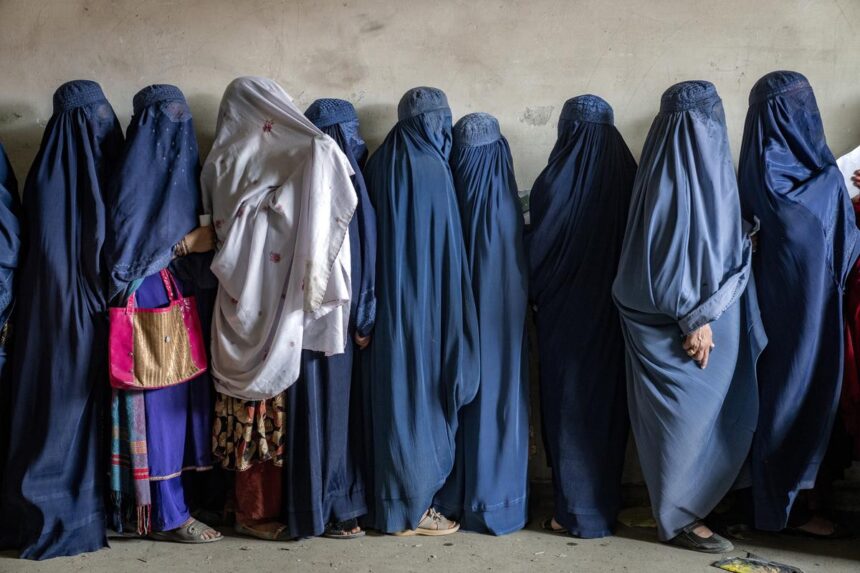Taliban Bans Windows Overlooking Women’s Spaces: Can Lead to Obscene Behavior
The Taliban has once again made headlines with a controversial policy. This time, they have imposed a ban on windows that overlook spaces designated for women. The decision has sparked outrage, confusion, and debates worldwide, as people question the implications of such measures on women’s freedoms and the broader societal landscape in Afghanistan.
What Led to This Ban?
The Taliban government stated that windows overlooking women’s spaces could lead to “obscene behavior.” This guideline appears to be part of their broader efforts to control social interactions and enforce strict gender segregation in Afghanistan. They argue that the ban aligns with their interpretation of Islamic values and moral codes.
However, critics argue that such measures only contribute to further isolating women and limiting their participation in society. The move has also raised concerns about the increasing surveillance and restrictions being placed on everyday life.
Impact on Women
Limiting Spaces for Freedom
- Women already face restricted access to public spaces in Afghanistan.
- With this new regulation, their privacy and mobility might be further compromised.
- The ban creates additional hurdles for women seeking education or employment in shared spaces.
Psychological Toll
- Such policies reinforce the idea that women’s presence must be hidden or controlled.
- This can lead to feelings of alienation, oppression, and a lack of autonomy among women.
- The constant reinforcement of such gendered restrictions can erode mental well-being over time.
How This Policy Affects Society

Architectural Changes
- Buildings, especially in urban areas, may require modifications to comply with the new rules.
- The economic burden of restructuring could impact families, businesses, and institutions alike.
Broader Social Implications
- These restrictions could exacerbate gender inequalities.
- They further marginalize women by reducing their visibility in public life.
- Such policies set a precedent for increasing control over personal freedoms.
Global Reactions
Human Rights Organizations
- Human rights groups have condemned the policy, labeling it regressive and oppressive.
- Many have called on the international community to address the ongoing restrictions on Afghan women.
Public Response
- The policy has faced criticism on social media platforms, with people worldwide expressing solidarity with Afghan women.
- However, local dissent remains muted due to fear of repercussions under the Taliban regime.
What Can Be Done?
International Pressure
- Countries and organizations can apply diplomatic pressure on the Taliban to reconsider such policies.
- Funding and aid could be tied to improvements in women’s rights.
Supporting Afghan Women
- Nonprofits and international groups can provide safe spaces and resources for Afghan women.
- Online education programs and remote job opportunities can help mitigate some of the challenges.






